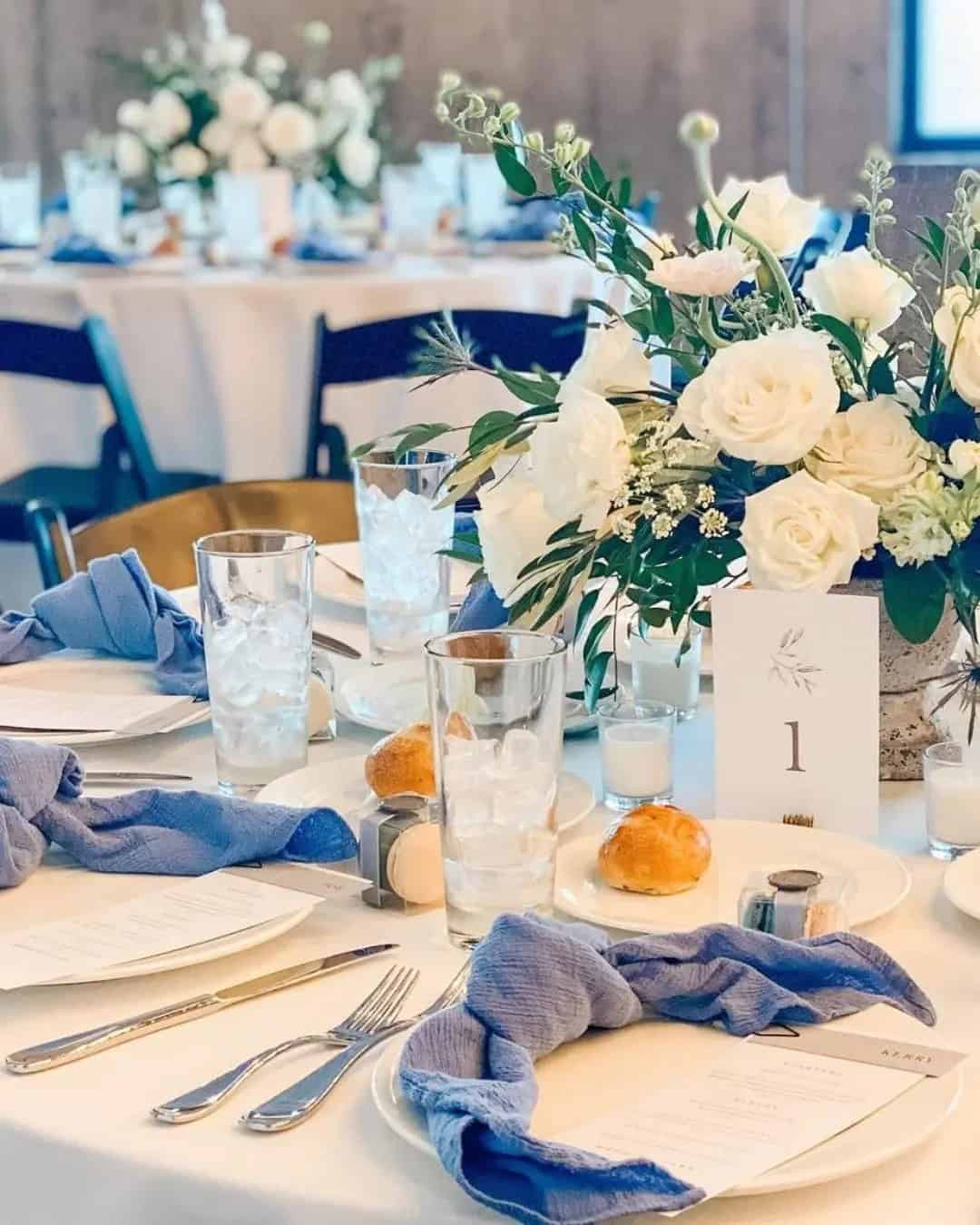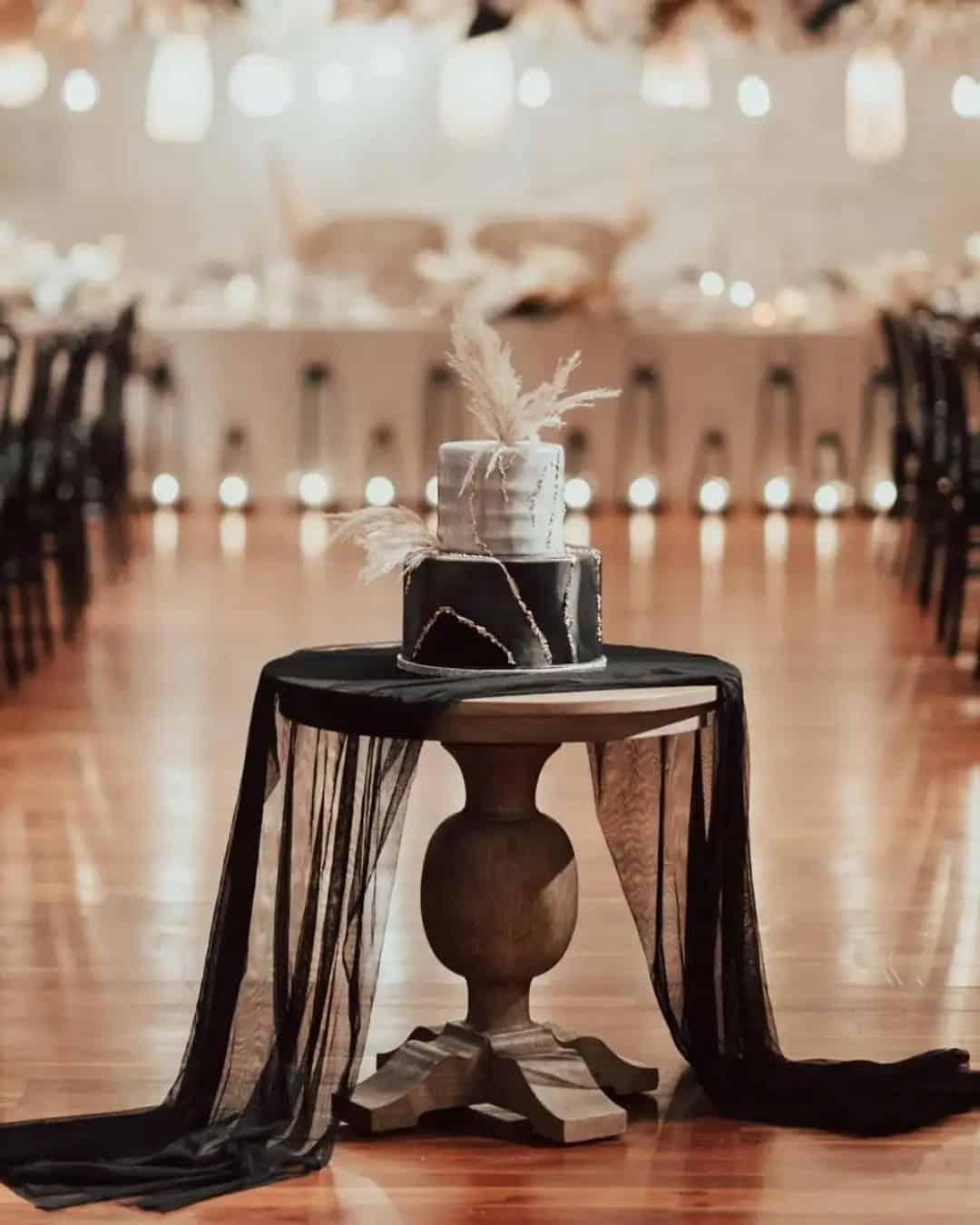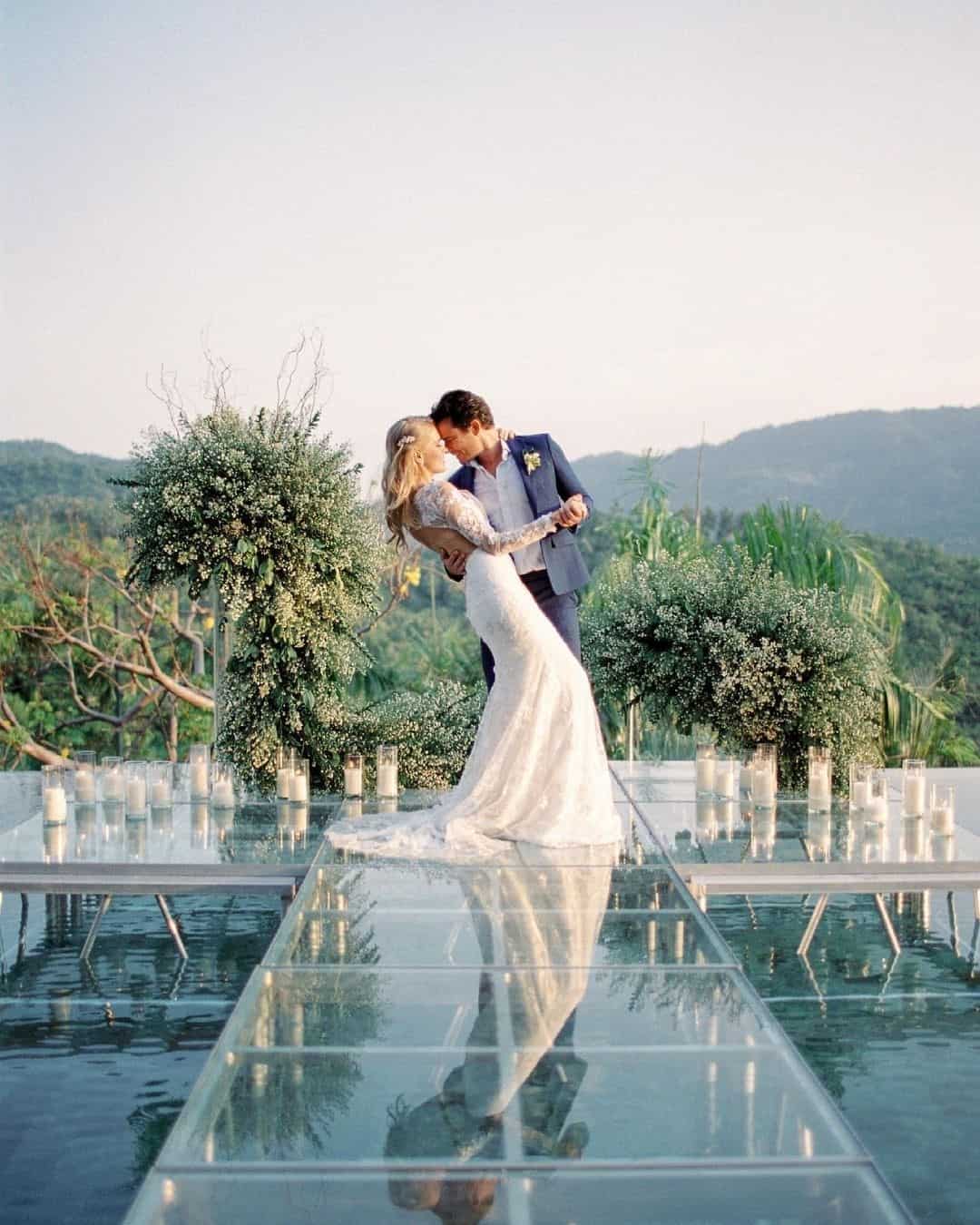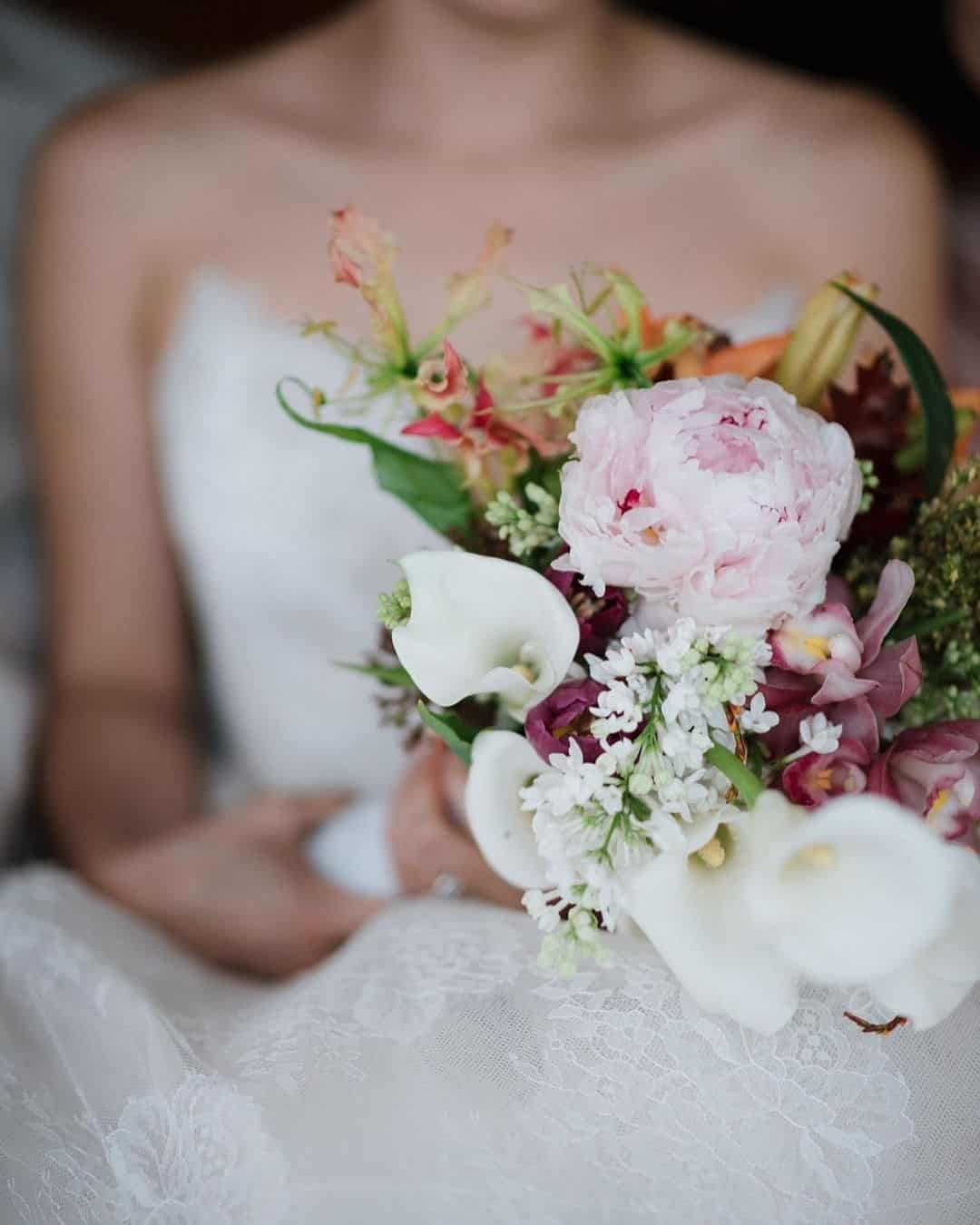When it comes to wedding planning, financial considerations can be overwhelming. To navigate these complexities, it’s essential to understand the traditional roles and expectations surrounding who pays for what. While some couples may choose to stick with time-honored customs, others may opt for a modern approach that prioritizes their own preferences. Whatever your approach, this comprehensive guide aims to provide valuable insights and help you make informed decisions.
From the ceremony to the reception, and everything in between, we’ll explore who typically pays for each aspect of your special day. With our guidance, you can focus on what really matters – celebrating your love and commitment to one another.
Brides often Ask
Do Parents Usually Pay For Wedding?
In recent years, the traditional notion that parents should cover at least half of the wedding expenses has undergone a significant transformation. What was once seen as an unwritten rule has given way to a more modern approach, where couples and their loved ones share the financial burden more equally.
What Is The Groom’s Family Supposed to Pay For?
In traditional wedding etiquette, it’s common for the groom’s family to cover various expenses related to the big day. This can include paying for the corsages worn by mothers of the bridesmaids and the rehearsal dinner, which is a wonderful way to bring everyone together before the main event. Additionally, the groom’s family may also be expected to foot the bill for the honeymoon as well as any expenses incurred by the groomsmen, such as their accommodations and accessories like boutonnieres.
What do Bride’s Parents Pay For?
While traditional etiquette suggests that the parents of the bride cover all expenses related to the wedding ceremony and reception, including the wedding dress, décor, photography and video, transportation, and accommodations for the bridal party, modern-day weddings have introduced a new level of flexibility. Today’s couples are free to decide who pays what, allowing them to tailor their big day to fit their unique circumstances and preferences.
Who Pays for the Wedding Ceremony?
Old School
Typically, the onus falls on the bride and her family to cover the majority of wedding expenses, including the venue, music, and necessary vendor fees. In contrast, the groom and his family are generally responsible for paying the officiant’s fee and obtaining the marriage license.
Modern Approach
In modern times, the dynamics of wedding expenses have significantly shifted. What was once a tradition where families or individuals would bear the financial burden, has evolved into a collaborative effort between the couple getting married. More often than not, it’s the couple themselves who decide how to divvy up the costs, with any willing contributors adding their support.
Who Pays For the Wedding Dress?
Old School
The expectation that the bride and her family should foot the bill for the wedding dress is a long-standing tradition. This responsibility encompasses not only the dress itself but also its accompanying accessories such as shoes, veils, and tiaras. Furthermore, they are often expected to cover attire costs for other related events like bridal showers, rehearsal dinners, and honeymoons, further adding to their overall financial burden.
Modern Approach
In many contemporary weddings, the bride and groom are taking a more hands-on approach to planning their big day, which includes selecting the perfect wedding dress. While some couples may choose to make this purchase themselves, it’s not uncommon for the mother of the bride to take on this responsibility as a way to show her love and support for her daughter.
Who Pays For the Catering?
Old School
In the traditional wedding setup, the parents of the bride take on the role of hosts for the reception, which encompasses all aspects of the event, including the catering. This means they are responsible for selecting the menu, choosing a reliable catering vendor, and overseeing the overall food and beverage experience for their daughter’s big day.
Modern Approach
While it’s common for the wedding party and their families to foot some of the bills, there are instances where the groom’s family or the couple themselves opt to cover certain costs, like the beverages and decorative elements.
Who Pays For the Wedding Bands?
Old School
The age-old debate about who foots the bill for wedding rings can be a contentious one. Traditionally, the bride takes on the responsibility of purchasing the groom’s ring, with her family often contributing to the cost as well. Conversely, it’s common for the groom to cover the expense of his future wife’s ring, with his family also chipping in if needed.
Modern Approach
In recent years, the tradition of gifting wedding rings to one another before the big day has gained popularity among many modern couples. This thoughtful gesture serves as a symbolic representation of their love and commitment to each other, much like an early wedding gift that sets the tone for their life together.
Who Pays For the Rehearsal Dinner?
Old School
When it comes to determining who foots the bill for the wedding rehearsal dinner, a long-standing tradition suggests that the groom’s family shouldering this expense. As hosts of the evening’s festivities, they are responsible for covering any costs associated with planning and executing the event.
Modern Approach
In some instances, a wedding celebration may feature multiple dinner gatherings, and it’s not uncommon for the bride’s family to take on hosting duties for at least one of these events. This can provide an opportunity for loved ones to come together and share in the joy of the special day.
Who Pays For the Wedding Reception?
Old School
Traditionally, the bride’s family bears the majority of costs associated with a wedding reception, covering expenses such as decorations, catering, and vendor fees. While the groom’s family may occasionally contribute to specific aspects like bar tabs or entertainment services (think music and emceeing duties), their involvement is generally limited to these select areas.
Modern Approach
In today’s digital age, many modern couples are taking a more hands-on approach to managing their wedding reception expenses. In some cases, this involves footing the bill themselves, or sharing the financial burden with their closest friends and loved ones.
Who Pays For the Wedding Cake?
Old School
In a traditional setup, the hosts of the wedding reception are typically the bride and her family. As such, they take full responsibility for all expenses related to the event, including the wedding cake. This arrangement also raises the question of who covers the costs of the wedding cake itself. The answer lies in its categorization as part of the overall catering package for the reception, making it an integral part of the bride’s family’s financial obligations.
Modern Approach
In many cases, close friends and family members will opt to give the newlyweds a unique and meaningful wedding gift – the chance to enjoy their special day without the financial burden of paying for their own wedding cake. This thoughtful gesture allows the couple to allocate their resources elsewhere, knowing that they’ll still have a delicious and memorable cake to celebrate with.
Who pays for the Day-After Brunch?
Old School
In many cases, the newly minted head of household – typically the groom – is anticipated to cover the costs associated with the post-wedding brunch. However, it’s not uncommon for his family members to chip in and share the financial burden if the celebration is particularly large-scale or extravagant.
Modern Approach
In today’s more relaxed atmosphere, couples often find themselves with greater flexibility when it comes to splitting bills. As a result, they may opt to share the cost of lunch or brunch with friends or family members, blurring traditional boundaries and paving the way for more spontaneous and collaborative social experiences.
Who Pays For the Honeymoon?
Old School
As couples tie the knot and celebrate their special day, a crucial detail often gets lost in the shuffle: who should cover the costs of the romantic getaway that follows? While it’s not always a top-of-mind concern, tradition dictates that the groom and his family typically foot the bill for the honeymoon.
This long-standing custom stems from the idea that the bride has already invested significant time and resources into planning their wedding, so it’s only fair that the groom shows his appreciation with a thoughtful gesture.
Modern Approach
In a shift away from traditional practices, many modern-day couples have opted to take control of planning and financing their own honeymoons. This new trend has seen couples abandon the notion that they must rely on others to fund their romantic getaway, instead choosing to prioritize their own financial goals and create a truly unique experience for themselves.
Common Mistakes Couples Make
Not Asking Each Parent If They Want to Contribute financially
The notion that assumptions can lead to significant distress is a concept worth exploring. When it comes to making decisions, such as determining who should cover the costs of a rehearsal dinner or even the wedding ceremony itself, it’s essential to consider involving the parents from the onset. By seeking their input and potentially securing their financial support, individuals can avoid unnecessary stress and uncertainty.
Not Knowing Total Wedding Budget And How to Divide It Up
Before embarking on the planning process, it’s essential to establish a comprehensive understanding of your overall wedding budget. To avoid financial strain, be pragmatic when determining this figure, taking into account all potential expenses. Once you have a realistic total in mind, you can begin to allocate specific amounts to each aspect of the celebration, ensuring that every detail is accounted for and your special day unfolds as envisioned.
Not Talking Honestly And Openly With All Planning Participants
When it comes to managing finances and planning a wedding, transparency is key to ensuring a successful and stress-free experience for all involved. By being open and honest about financial expectations and responsibilities, couples can avoid misunderstandings and unwanted surprises. This approach not only helps to alleviate tension but also fosters trust and communication between partners and their loved ones.
With clear guidelines in place, the burden of financial decisions is shared equally, allowing each person to take an active role in the planning process. By dividing up expenses and responsibilities according to pre-established or personalized rules, couples can enjoy a more collaborative and enjoyable wedding planning experience.









